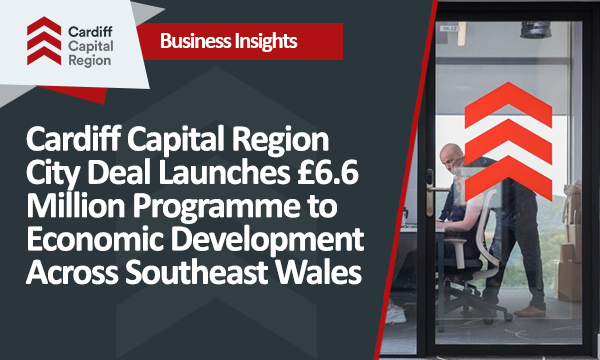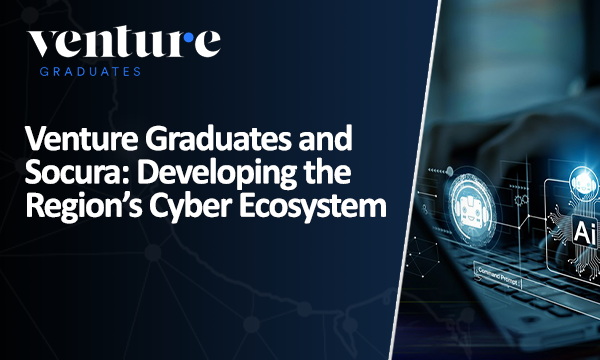 Written by:
Written by:
Karen Thomas
Head of South Wales Corporate
Barclays Investment Bank
Board member CCR Economic Growth Partnership
___________________________________________________________________________________________________________________________
Creating a competitive economy with resilient communities is one of the objectives of Cardiff Capital Region.
The economy is ever changing, both in a short-term cyclical sense and for deeper structural reasons. If we want our communities, wherever in the region they are located, to prosper and be sustainable in the long term, we need them to be able to withstand everything the world can throw at them and come out just as strong, if not stronger, than they were before.
To make this happen, we need to do what we can to foster resilience in our businesses. But what does business resilience mean? In the context of 2020, business resilience means being able to adapt to a wide range of sometimes unforeseen risks over a long period of time.
As someone who works with businesses every day in my professional life, I look upon resilience as the ability of an organisation to adapt rapidly to all types of risk. This year, that has been tested as never before. We are very conscious of the need to support businesses as they begin to make repayments from the Government backed loan schemes, 75% of BBLS are with customers who have never borrowed before. We need to support them to manage their repayment strategy. We would like to see a consistent approach across the industry
Confidence and adaptability
Before the pandemic, most businesses would have had business resumption plans to cope with a short-term event such as a flood. How many management teams would have had to adapt their businesses for the length of time that they have had to this year? How many have had to change their working practices for so long, or accommodate such major shifts in the way they do business? How many have had to face, as some have, such a dramatic overnight drop in their income, with no end in sight?
And yet, at the same time, we have seen so many inspiring examples of adaptability and resilience, from both businesses and employees. It’s things like adapting for employees to be working from home, educating them to use technologies such as Teams and Zoom. The more we challenge ourselves to adopt new technology to improve the way we operate the more confident we will become. We need to retain this mind-set.
If we look at the way some of our Welsh manufacturers have demonstrated agility by adapting their manufacturing processes to support the manufacture of urgently needed PPE or hand sanitisers, it’s been remarkable. If you had asked them 5 years ago if they could see themselves making PPE, they would in all probability have said, well, that’s not my traditional product. Yet when the need was there they rose to the challenge.
Similarly, when we look at our hospitality and leisure sector, which play such a huge part in the Welsh economy, the way businesses have adapted to maximise their space, or adopted technology to continue to provide a service to their customers, has also been impressive.
Innovation and local supply
There are other aspects to resilience besides the ability to adapt to sudden, unforeseen events. Innovation is another. Change is a constant in the economy: demographics change, technology changes, the business environment changes, social and cultural attitudes and expectations change.
Businesses that survive over the long term are those in which innovation is ingrained as the norm. In Wales generally the level of investment in R&D and innovation is too low. We can’t afford to let that continue if we want to build that resilience we seek in Cardiff Capital Region.
Another aspect of resilience in the post-Covid environment is the importance of local supply where possible. This is especially important for us as we look to build strong clusters and ecosystems in our key industry sectors.
Of course, there’s a trade-off to be made between the desirability of local supply and the willingness of end customers to pay extra costs. If we think back to the early days of the pandemic, with people queuing and goods not being on the shelves, how long will that memory stay with us, or how quickly will we forget and go back to thinking that we just want the cheapest option? After all, it’s only a few years ago that we were talking about just in time delivery and minimum stock levels, and that has not been helpful during the pandemic.
So there’s a balance to be struck, and it will be different for every business, whether they’re a manufacturer or a retailer. But looking at enhancing local supply is likely to increase resilience for businesses, communities, and the region.
We must not downplay the challenges that lie ahead as we move into the autumn and winter, with the prospect of more lockdown restrictions to come. It’s going to continue to be a testing time for many businesses; resilience and the confidence to adapt quickly will set apart the more successful ones. We have been busy getting lending out to those who need it but the support we do is broader than just finance. We have been working across the country to help businesses adapt and pivot their business models.









